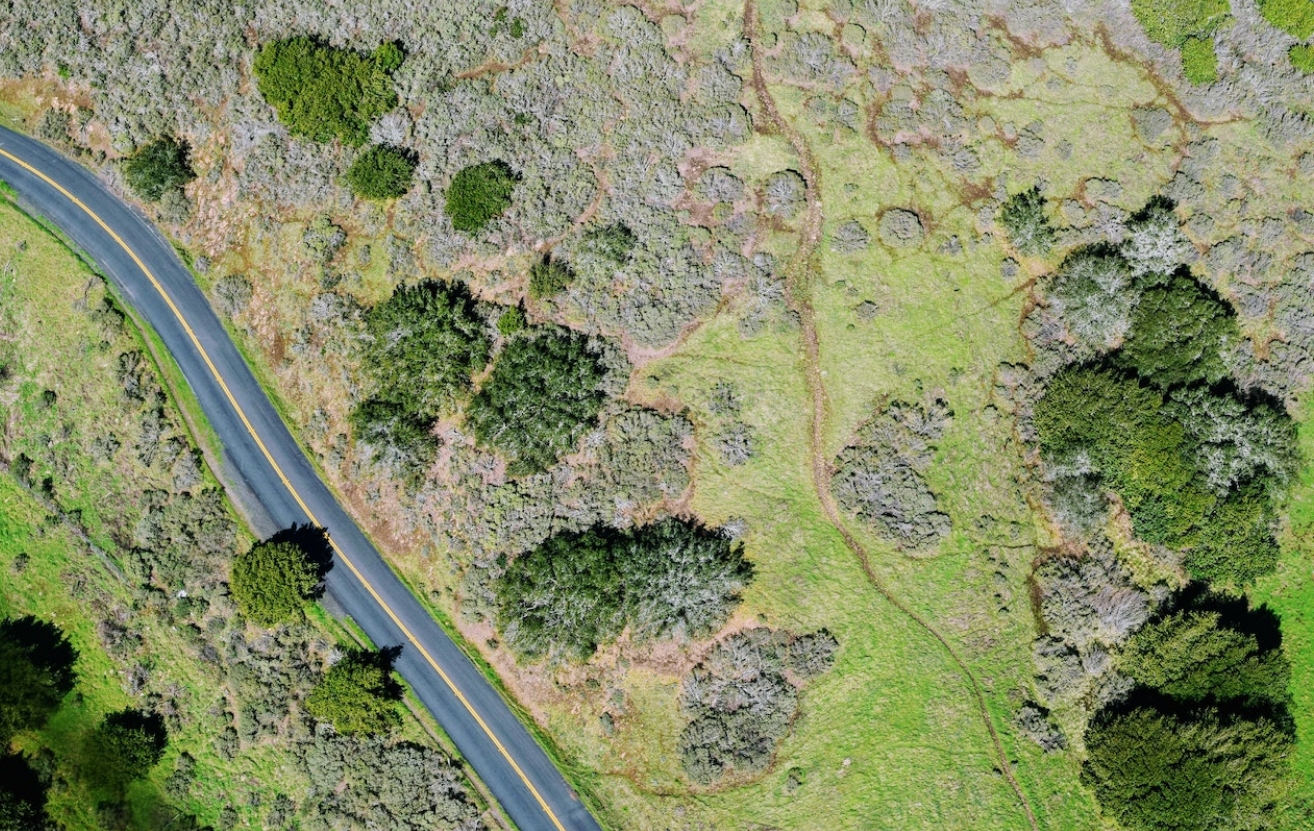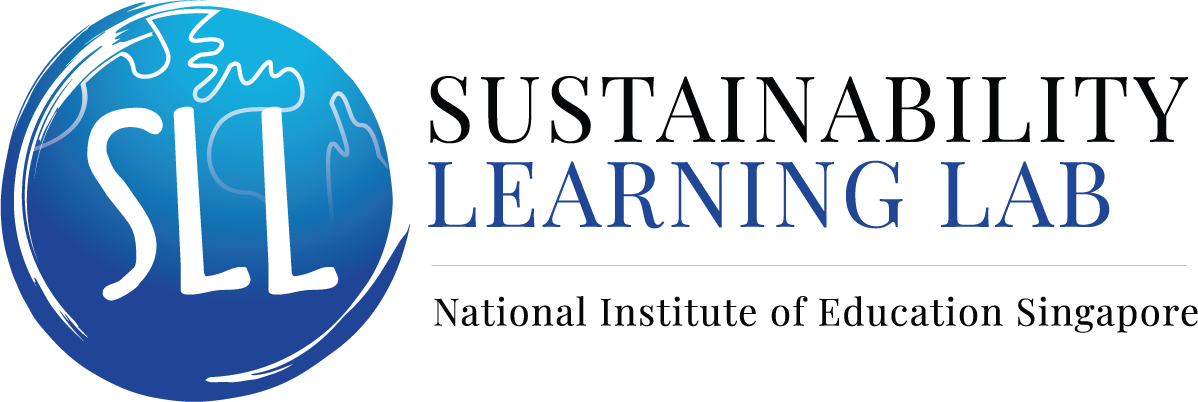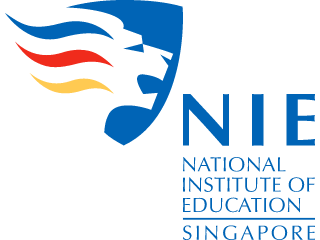In 2019, a team from the NIE collaborated with officers from the Ministry of Education (MOE) (one from the Curriculum Planning and Development Division, and another from the Educational Technology Division) to enact a small-scale study through the Ministry’s Senior Specialist Track Research Fund in four secondary schools. The study was conducted with Sec Two and Three cohorts during regular curriculum hours, across two academic streams. With the on-going piloting of full subject-based banding and the revised geography curriculum to be adopted nationwide in 2022, this project seeks to build on the success of the initial pilot to enact interventions aligned with Geographical Investigations (GI) which teachers have already been conducting with students. These interventions seek to scale and translate the curriculum approach piloted in 2019, in to schools in which students are entering with relatively lower geographical literacies.
Projects
Designing for greater authenticity in Geographical Investigations (GI) through local microclimate studies with the Internet of Things (IoT) and open-source environmental sensors

Team Members
PRINCIPAL INVESTIGATOR
| Dr Kenneth Y T Lim | NIE |
CO PRINCIPAL INVESTIGATORS
| Dr Tricia Seow | NIE |
| Jiunn Huat Soo | MOE |
| Josef Tan | MOE |
Funding Agency
NIE Education Research Funding Programme
Project Description
Related Publications
Lim, K. Y. T., M. A. Nguyễn Duc, M. T. Nguyễn Thien, R. Yuvaraj, and J. S. Fogarty (2022). “Investigating the effects of microclimate on physiological stress and brain function with data science and wearables” Sustainability, special issue on “Aspirations within Interdisciplinary STEM / STEAM Education under the Education for Sustainable Development”, 14 (17).
Nguyễn Duc, M. A., M. T. Nguyễn Thien, K. Y. T. Lim, and A. H. Hilmy (2023). “The Life2Well Project: Investigating the relationship between physiological stress and environmental factors through data science, the Internet of Things and Do-It-Yourself wearables” in Vovlas, A. (Ed.) Citizen Science – Methods, Approaches and New Perspectives, Intech Open.
Koh, A., Quek, Y. M., and Lim, K. Y. T. (2022). “Simulating Effects of Global Warming Temperatures on Ipomoea Aquatica (Kangkong)” APD Trove, 5(1): np.
Lim, K. Y. T., Wu, L. and He, S. (2022). “Nurturing maker dispositions among children with open-source tools: a case study of a junior high school in Singapore” in Hung, D., L. Wu and D. Kwek (Eds.) Diversifying schools: systemic catalysts for educational innovations in Singapore, Dordrecht, The Netherlands, pp. 33-48: Springer: London.
Sajjanhar, A., Lim, K. Y. T. and Ren, Y. (2020). “Pedagogical framework for environmental science” in Education and Information Technologies, 25, pp 3631-3641
Lim, K. Y. T. Vu, H. N. Sim, J. Y. Yuen, M. D. and Lee, J. S. (2020). “The use of microclimatic data in authentic learning: a two-site case study between Hanoi and Singapore” in Nedkov, S., Zhelezov, G., Ilieva, N., Nikolova, M., Koulov, B., Naydenov, K., & Dimitrov, S. (Eds.) Smart geography: 100 years of the Bulgarian Geographical Society, pp. 91-104: Springer: London.
Senthilkumar, S., Leung, S. R. M. Lim, K. Y. T. and Hilmy, A. H. (2022). “Exploring the utility of deep learning in Geographic Information Systems (GIS) to infer socio-economic development” presented at the Royal Geographical Society Annual Conference on Geographies beyond recovery, Newcastle, England, 30 August – 2 September 2022.


